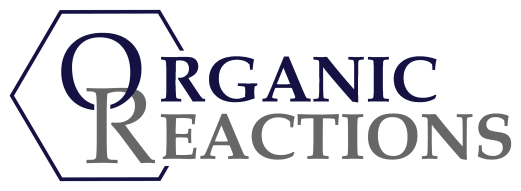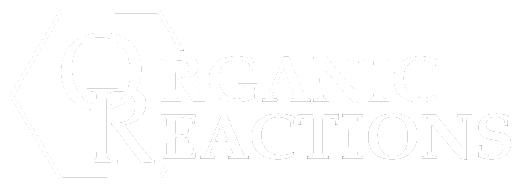Microbial Arene Oxidations
Abstract
The metabolism of organic molecules by living organisms is of fundamental interest to biologists, microbiologists, and biochemists. The primary avenue of metabolism in most living organisms is via oxidative pathways. The aromatic hydrocarbons (arenes) are subject to such oxidative degradation; their mammalian and microbial systems have been extensively studied. It is the capacity of certain microorganisms to convert by oxidation arenes into arene cis-dihydrodiols that provide the foundation of this chapter. Arenes are subject to a variety of oxidations, but the expression “microbial arene oxidation” is used for the specific oxidation discussed here.
The assignment of dihydrodiol configuration and the use of mutant strains of microorganisms laid the groundwork for the development of arene oxidation as a process useful to organic synthesis. Other advances discussed in this chapter led to the development of microbial arene oxidations that are suitable for organic synthesis. Attractive features include: the process is one of a very few that disrupts the aromatic system of arenes; the array of functional groups generated in the dihydrodiol products is useful; the process is highly enantioselective, affording pure enantiomerically pure products in most cases.
For this chapter, the literature has been reviewed through 2001.

